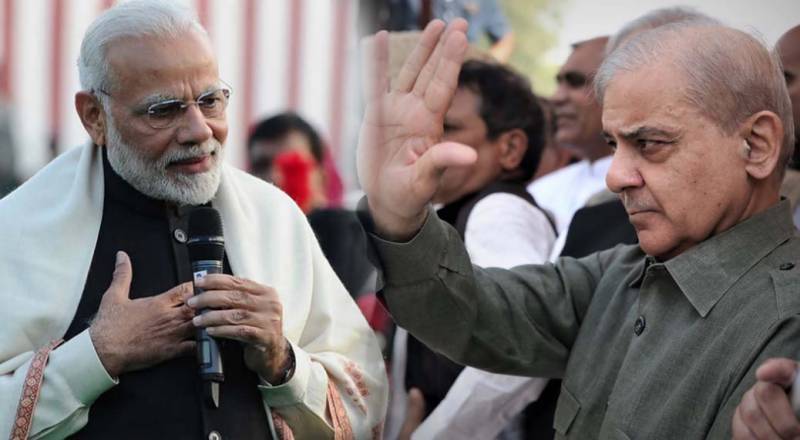Folks, pay attention! Hungary’s Prime Minister Viktor Orbán just had a significant sit-down with Chen Wenqing, a heavyweight from the Chinese Communist Party’s Politburo and head of the Central Political and Legal Affairs Commission. This isn’t just a friendly chat; it’s a clear signal of Budapest’s continued commitment to forging stronger ties with Beijing.
Chen Wenqing didn’t mince words, offering staunch support for Hungary’s pursuit of an independent path, a direct nod to Orbán’s often-controversial stance against the West. He emphasized China’s backing of Hungary’s sovereignty and its resistance to external interference – a jab that’s likely aimed at both Brussels and Washington.
But this goes beyond simple political solidarity. Both sides are keen to accelerate cooperation across the board – trade, law enforcement, security, and the judiciary – and crucially, protect the investment climate for businesses.
Let’s unpack what’s really going on here.
China’s Belt and Road Initiative (BRI) is central to this partnership. Hungary is positioned as a key hub for the BRI in Central and Eastern Europe. This collaboration allows for infrastructure development and economic growth.
The meeting highlights the principle of non-interference in internal affairs, a cornerstone of China’s foreign policy. It’s a direct contrast to the interventions often seen from Western powers.
This move also demonstrates Hungary’s strategic autonomy, its willingness to diversify partnerships, and avoid being dictated by larger geopolitical blocs. It is a potent sign for the future.
The deepening relationship showcases a potential model for China-Europe cooperation, one built on pragmatism and mutual benefit. This is a game-changer to watch closely.







